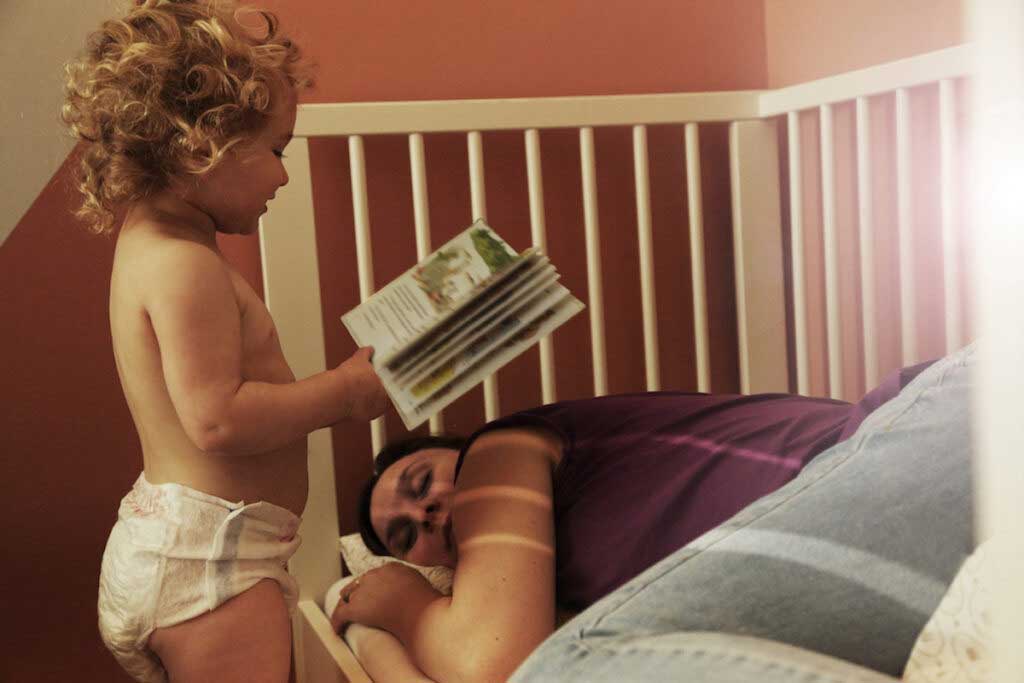Our pediatrician recommends getting our baby on a sleep schedule by four months (three months and change now). What evidence supports this recommendation?
—FiDi Father
There are two underlying principles that might inform this recommendation. One is that babies need a lot of sleep; when they do not get enough, it’s a problem. And for babies and kids, the longest sleep should be at night. One argument for a sleep schedule is that it could ensure that your baby is getting enough sleep and that the sleep has these concentrated blocks in the nighttime that really feed their brain development. Having a set sleep schedule at night, or at least a set bedtime, can start to enforce good sleep hygiene — getting a bedtime routine going, which is one of the components of a smooth bedtime situation.
The other principle is that sleep schedules tend to help parents sleep better and function better. If you know that your child is going to go to bed at 7 p.m., wake up at midnight and 3 a.m. to eat, and then get up for the day at 6, it’s a lot easier to plan and a lot easier to get the sleep that you need.

These principles are not exactly data. The most relevant data is probably evidence coming out of studies of sleep training, which tend to show improvements in sleep for both kids and adults, and improvements in mood for adults.
Having said this: if your child is getting enough sleep and you are happy with how things are going, then there isn’t anything in the data to say that you have to change it. What I would say is that being aware of the possible value of a more organized sleep routine is a good idea, and certainly paying attention to how much sleep your child is getting is important.
(I also get this question about wake windows for newborns, which I’ve written about in detail, and the same basic principles apply.)
Community Guidelines
















Log in